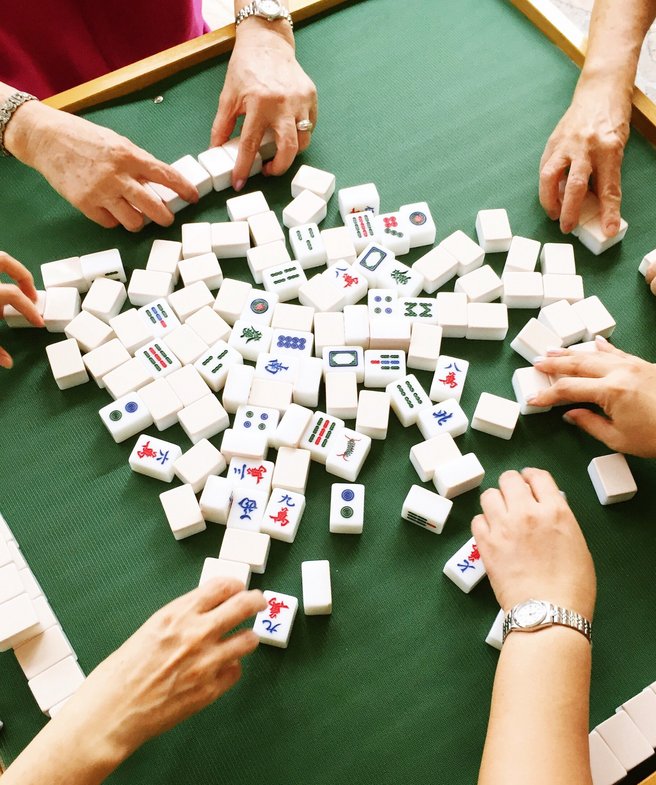CANNABIS AND DRIVING
—— The decriminalization of cannabis in Germany means fewer changes for drivers than might be expected. TÜV SÜD traffic psychologist Thomas Wicke talks about the significance of threshold values, the need for more research and why, if in doubt, it is better not to get behind the wheel.
